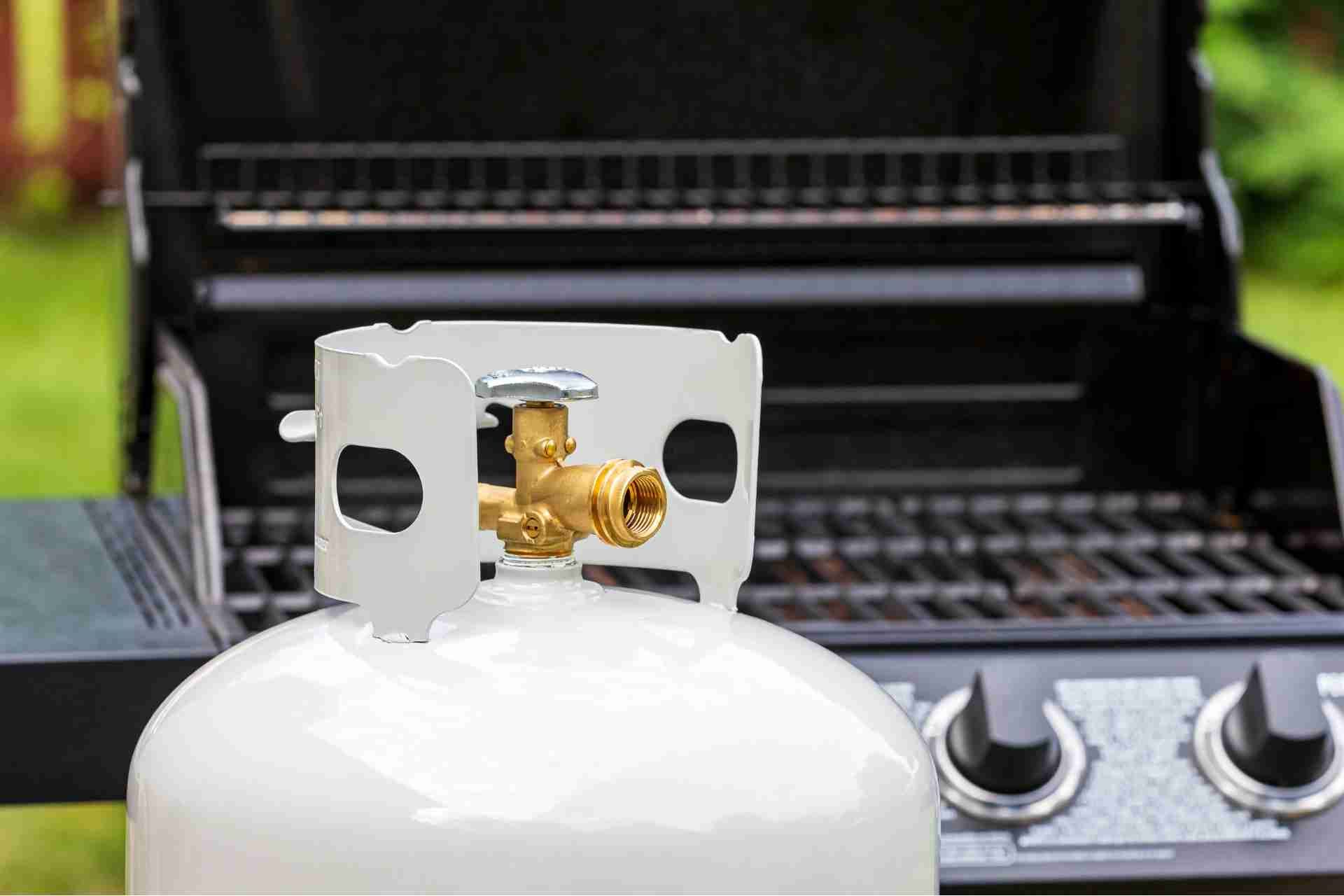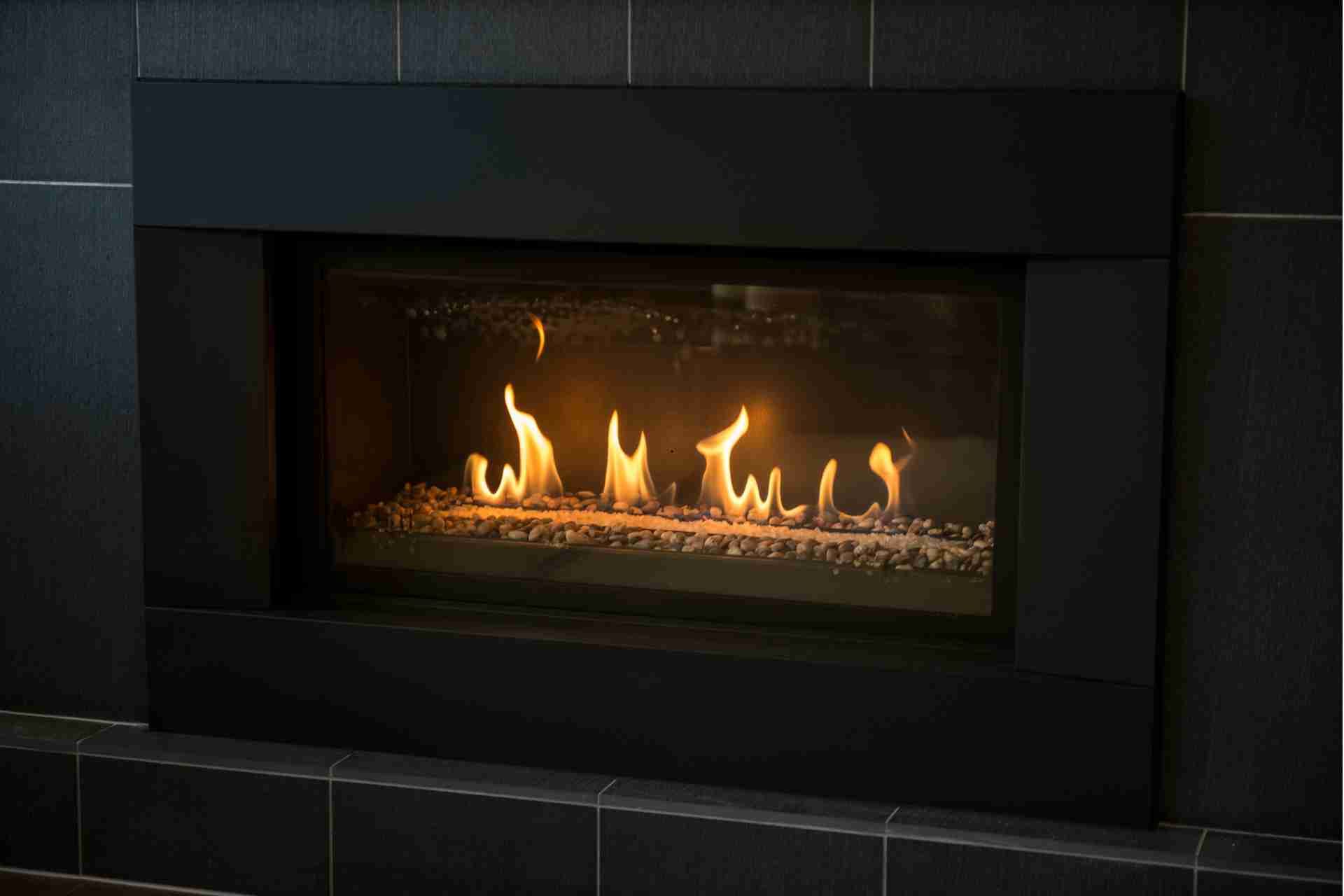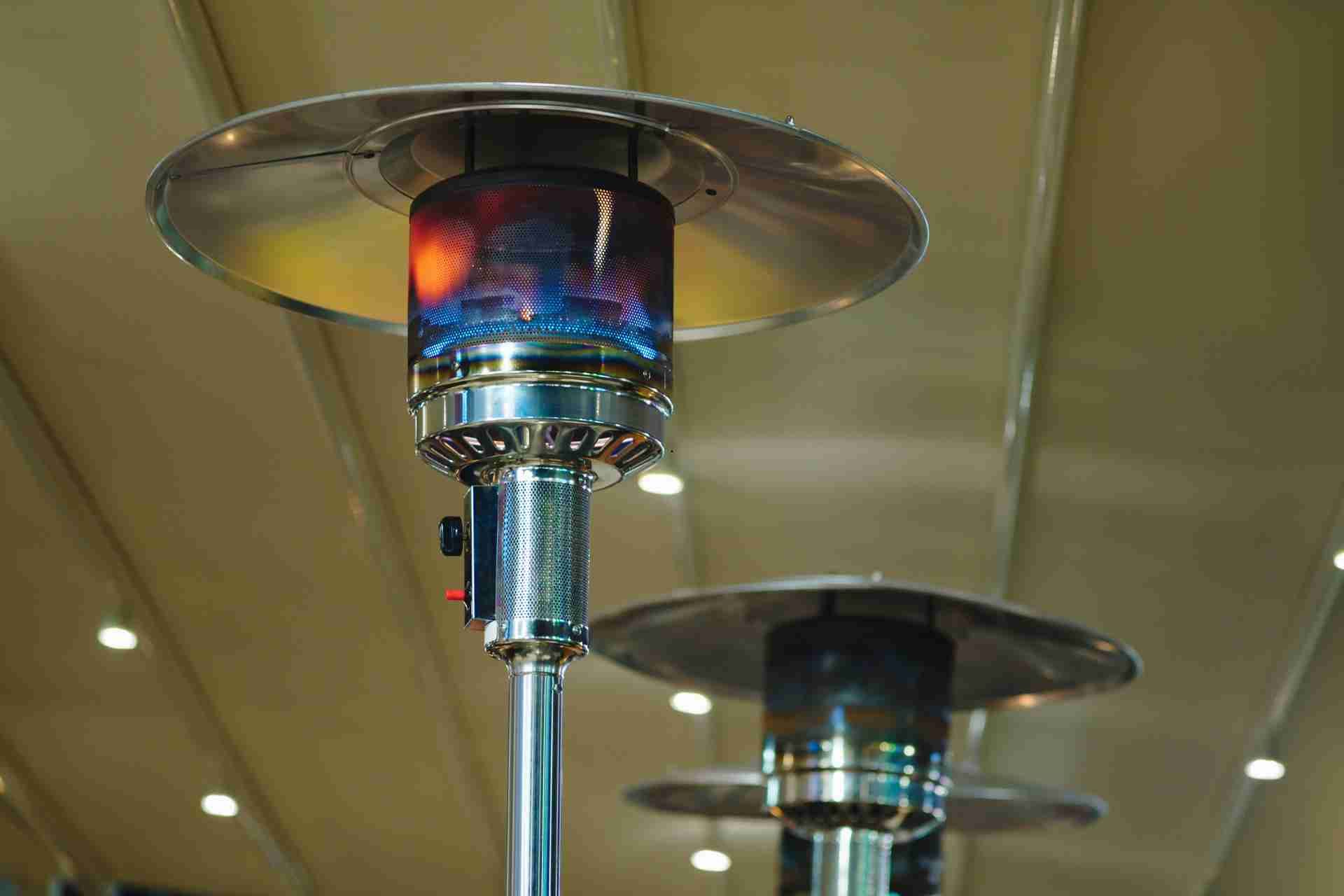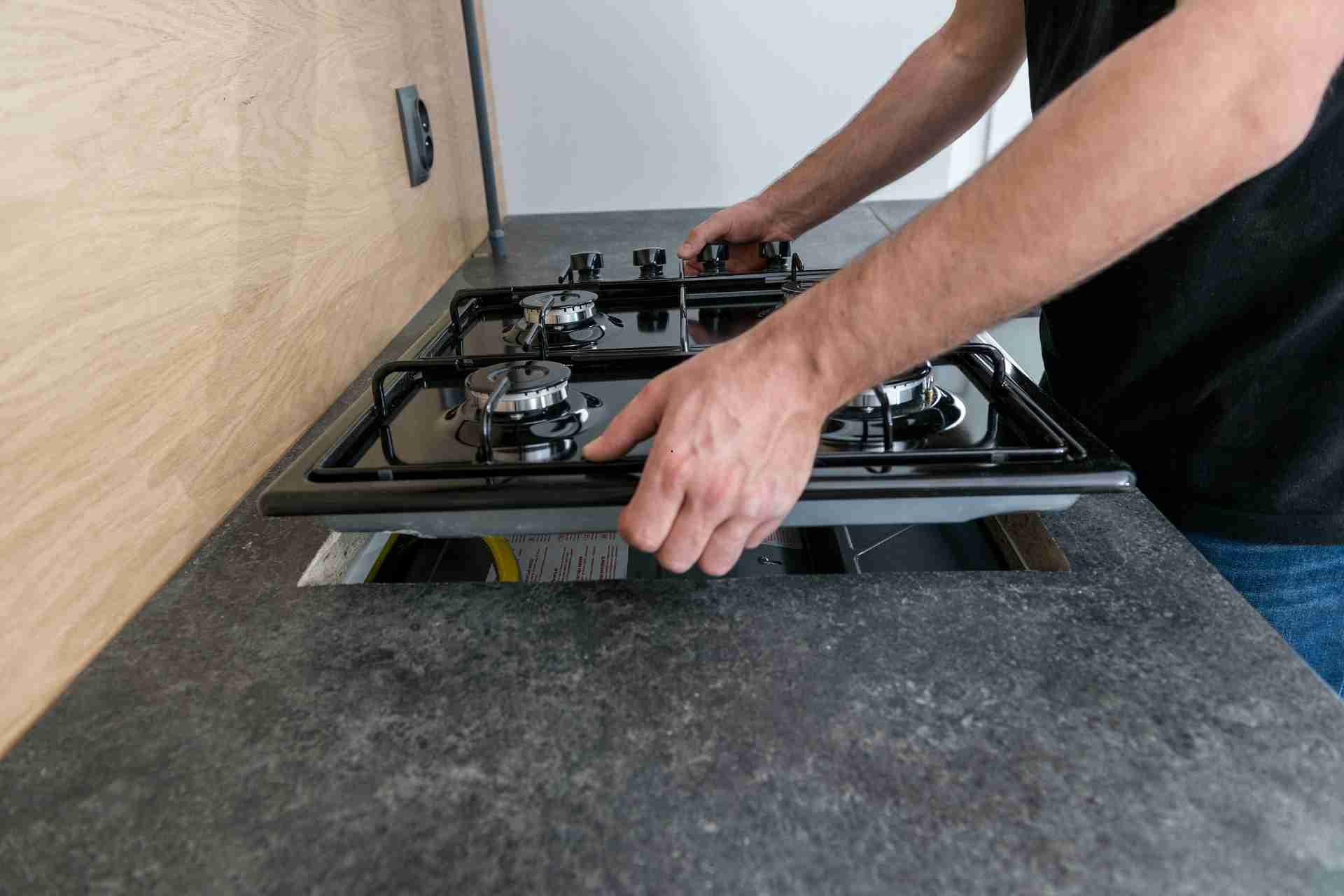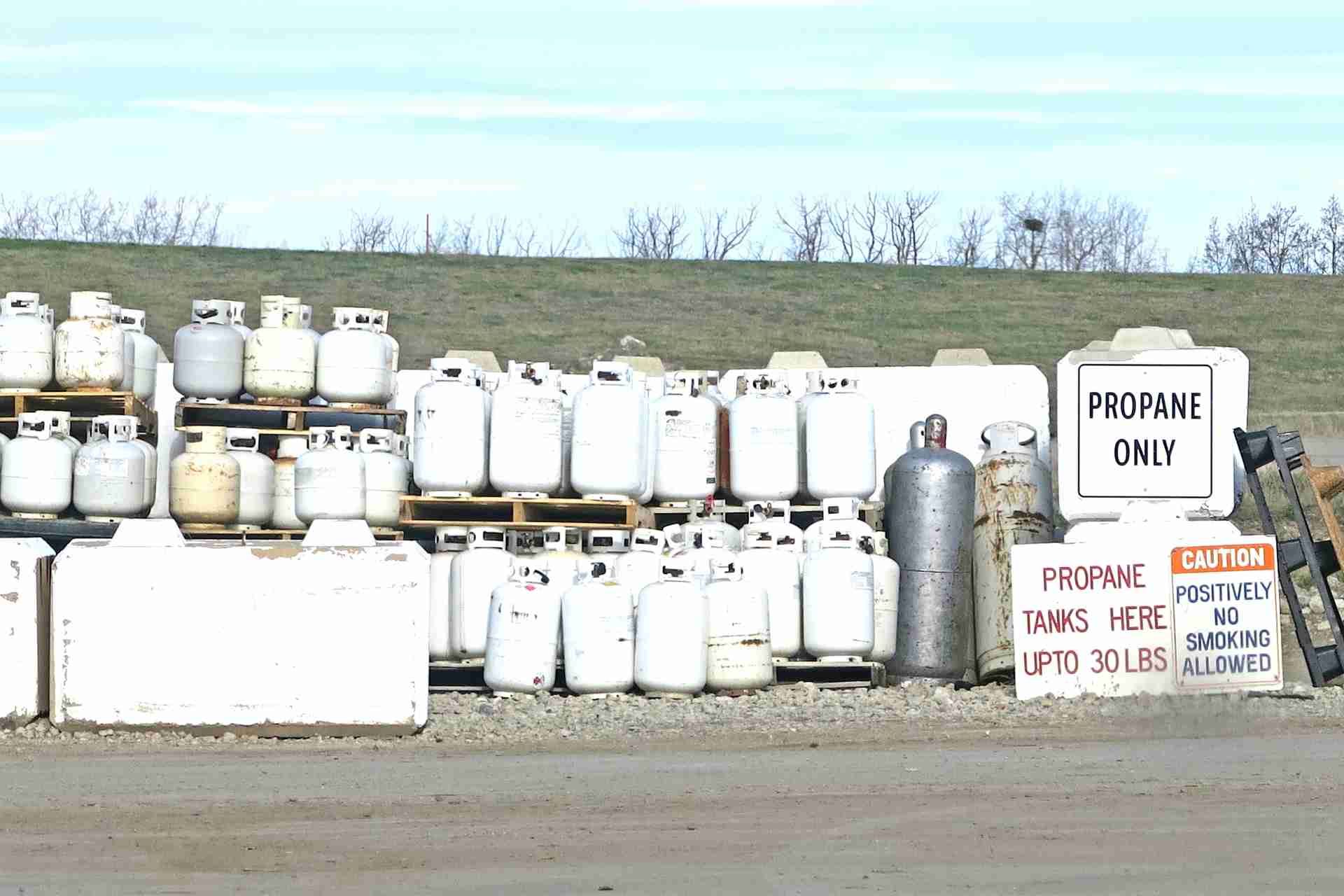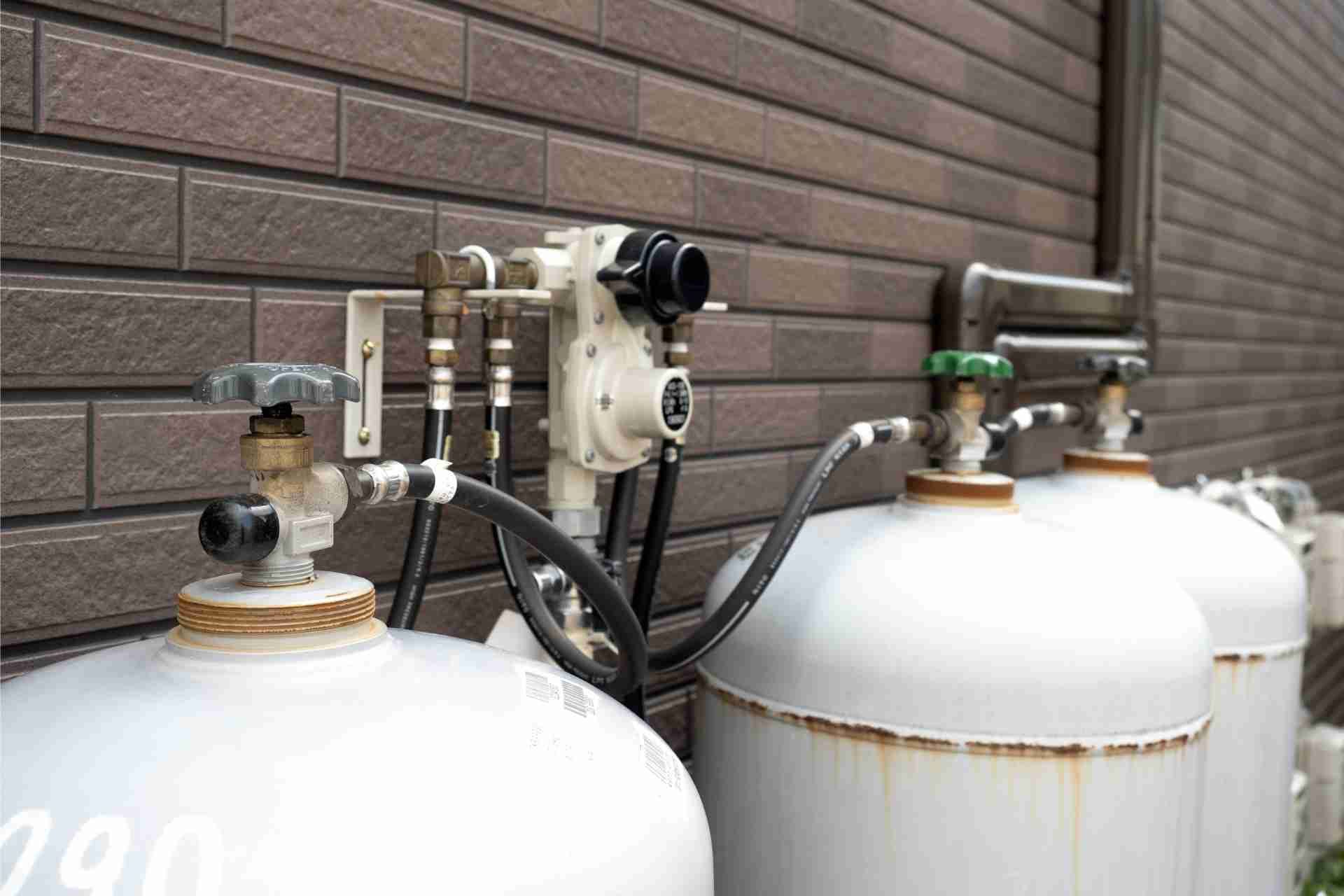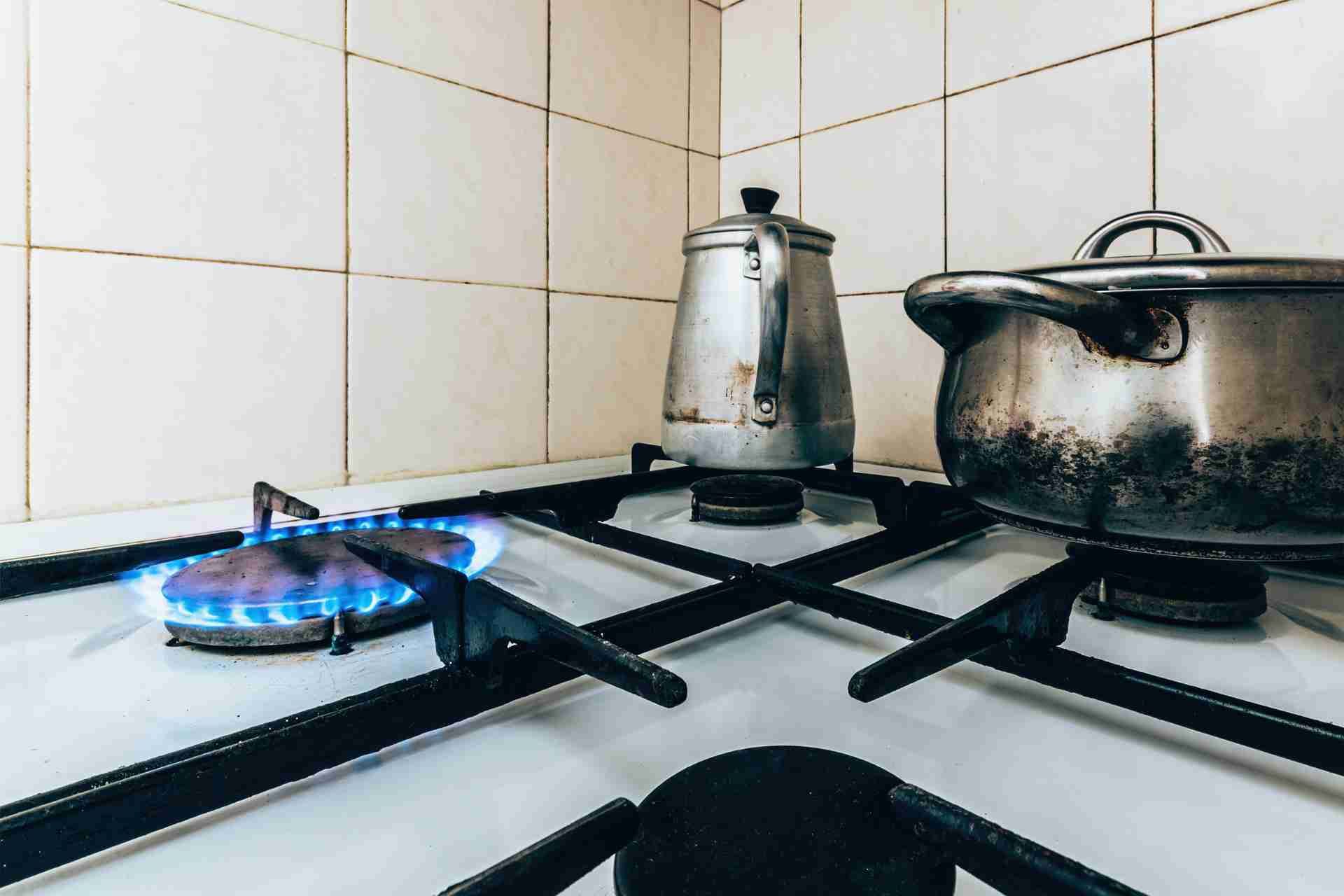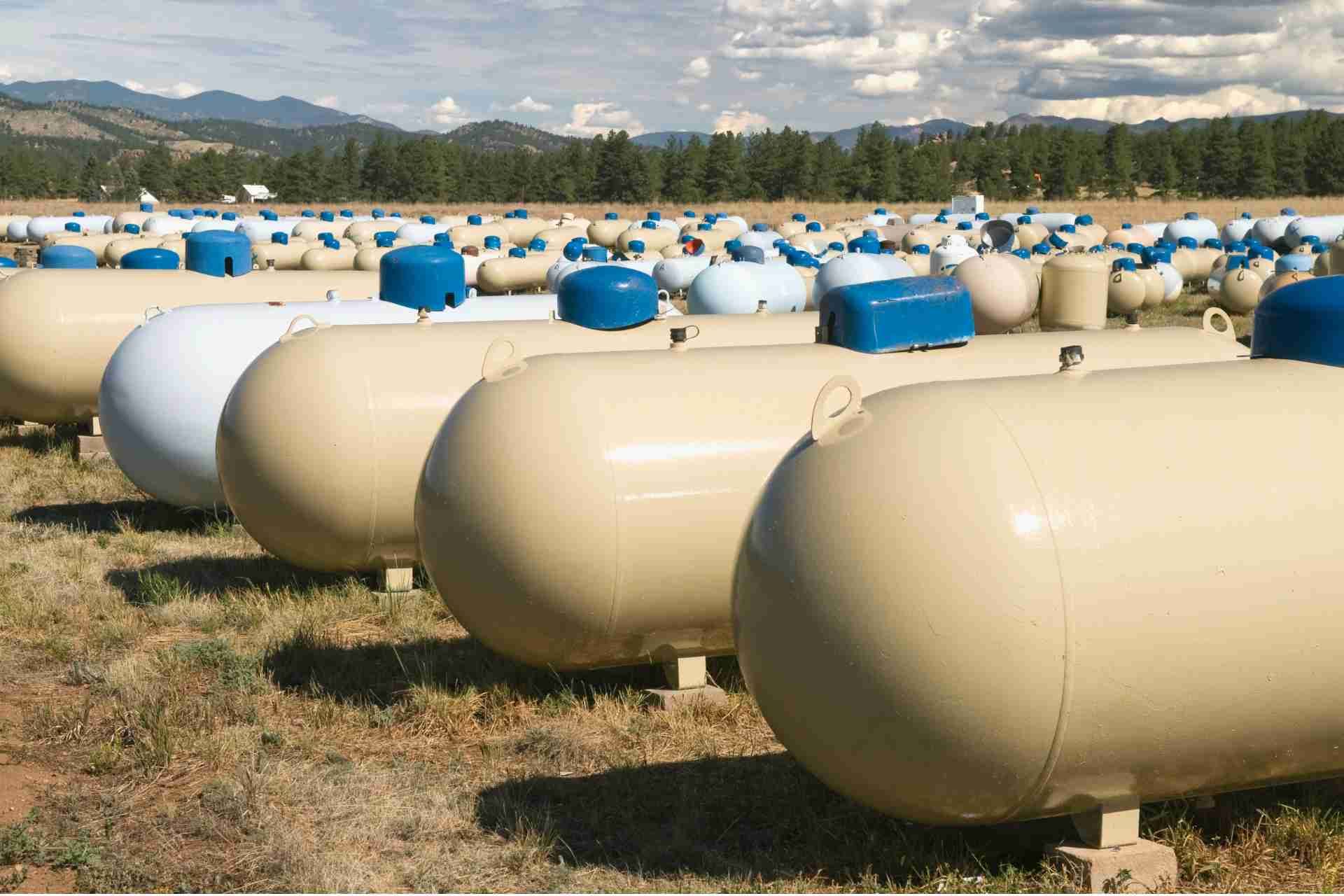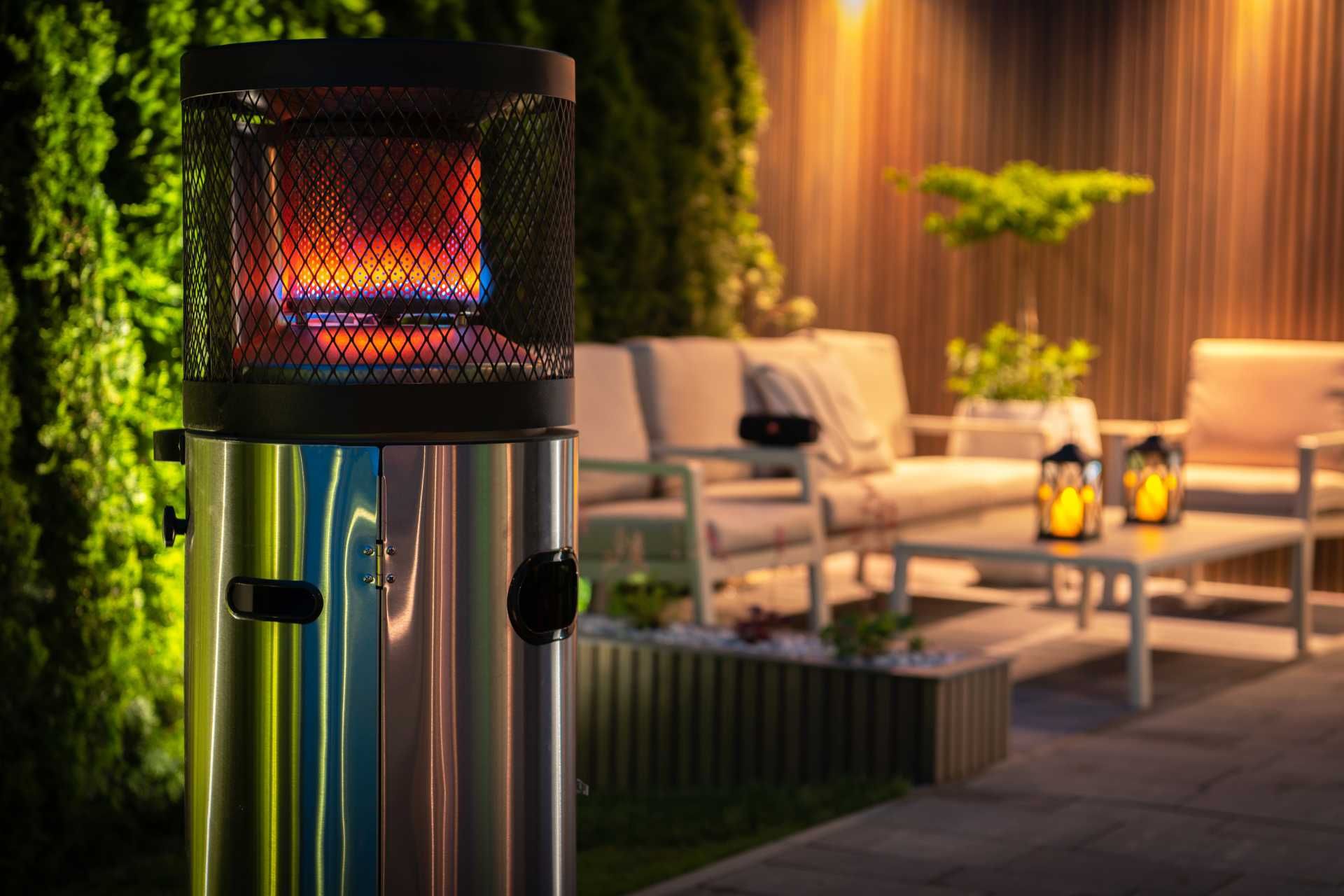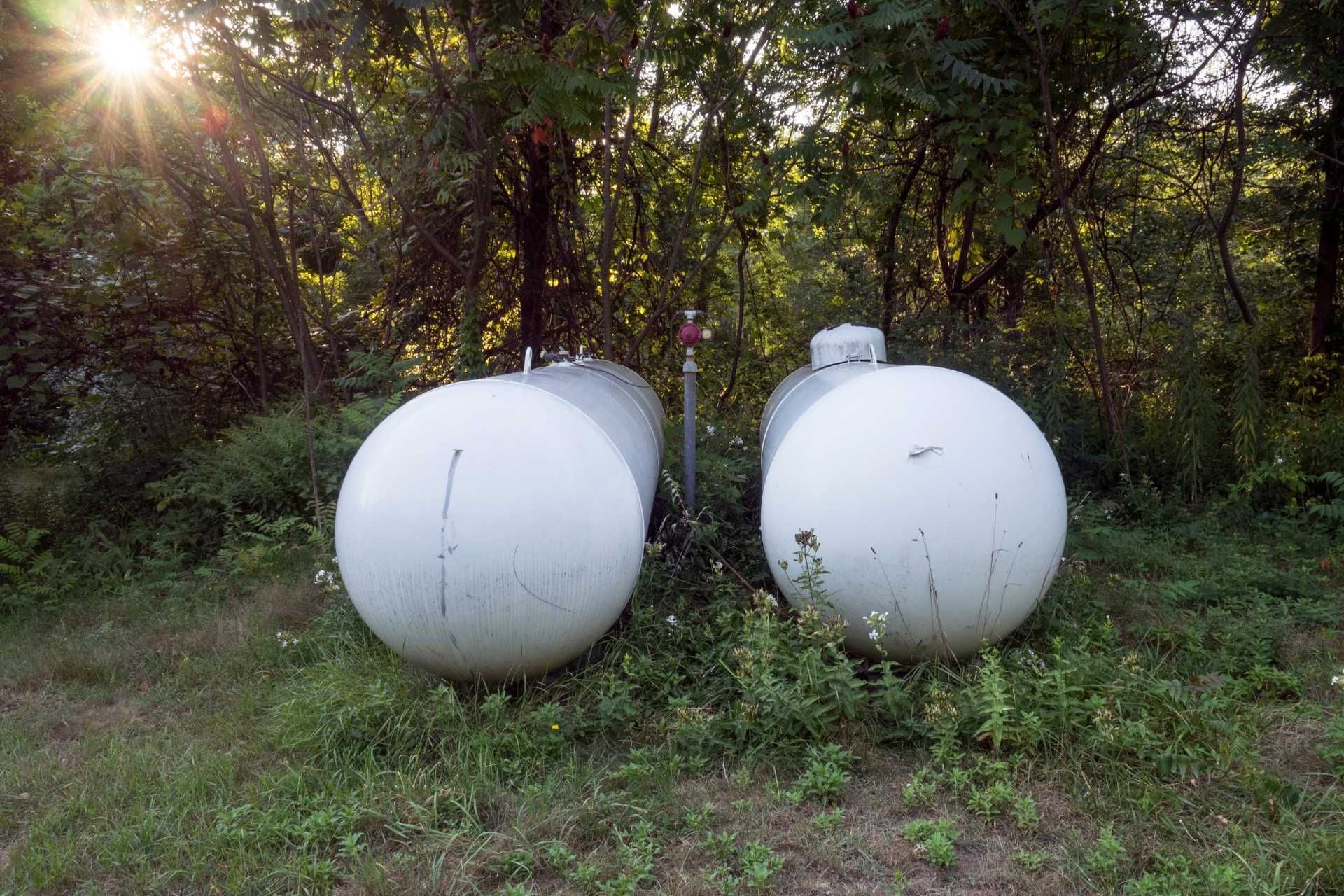Call Us Today
Are Propane Generators Quiet
When considering a propane generator, you might wonder about its noise levels. Generally, these generators are quieter than gasoline or diesel models, often ranging from 50 to 70 decibels. But what does that really mean for your home or campsite? Understanding the various factors that influence their sound output can help you make an informed decision. Let's explore the specifics and see how you can achieve a peaceful power solution.
Understanding Generator Noise Levels
When you're considering a propane generator, understanding noise levels is crucial because it directly affects your comfort and your environment.
Generators can produce varying sound levels, which might disrupt your outdoor activities or disturb neighbors. If you're planning to use it for camping, a quieter model can enhance your experience by maintaining a peaceful atmosphere.
You'll want to think about where you'll operate the generator too. If it's close to your home or in residential areas, lower noise levels are essential.
Look for features like sound-dampening technology or enclosed designs that can help reduce noise. Ultimately, knowing the noise levels can guide you toward a propane generator that fits your specific needs while keeping your surroundings pleasant.
Decibel Levels of Propane Generators
Propane generators come with varying decibel levels, which can significantly impact your experience. Most models range from 50 to 70 decibels, meaning some can operate quietly, while others may be more intrusive.
If you're planning to use your generator in a residential area or during camping trips, you'll want to choose a quieter option. Generally, a generator below 60 decibels is considered relatively quiet and won't disturb your peace.
However, keep in mind that factors like load and maintenance can also affect noise levels. Always check the manufacturer's specifications to know what to expect.
Comparing Propane Generators to Other Types
While exploring your options for portable power, you'll find that propane generators stand out compared to other types, such as gasoline and diesel generators.
Propane generators are generally cleaner, producing fewer emissions, which makes them more environmentally friendly. They also store longer without degrading, giving you peace of mind for emergency situations.
Gasoline generators can be noisy and require frequent refueling, while diesel generators are often heavier and may emit unpleasant odors.
Propane generators tend to be quieter, providing a more pleasant experience for camping or home backup. Additionally, they're easier to start in cold weather.
Ultimately, if you're seeking convenience and efficiency, propane generators may be the best choice for your portable power needs.
Factors Affecting Noise Output
Although many people consider propane generators to be quieter than their gasoline or diesel counterparts, several factors influence their noise output.
The generator's design plays a significant role; models with sound-dampening features typically operate more quietly. Engine size and power output also matter—larger engines tend to produce more noise.
Additionally, the load you place on the generator affects its noise level; a fully loaded generator often runs louder than one at a lower capacity. Maintenance is crucial too; poorly maintained machines can be noisier due to wear and tear.
Finally, environmental conditions like wind and terrain can amplify or dampen sound, impacting your overall experience. Understanding these factors helps you select a quieter propane generator for your needs.
The Benefits of Quiet Propane Generators
Choosing a quiet propane generator offers several advantages that can enhance your experience, especially in residential or recreational settings.
First, you'll enjoy a peaceful environment without the disruptive noise typical of traditional generators. This is particularly beneficial during family gatherings or camping trips, allowing you to socialize and relax without constant background noise.
Additionally, quieter generators are often more efficient, providing you with reliable power without excessive fuel consumption. You'll also find that a low-noise generator can be a good neighbor, reducing potential conflicts with those around you.
Lastly, many quiet propane generators are designed with portability in mind, making them easy to transport for various uses without sacrificing performance.
Applications for Low-Noise Power Solutions
When you need reliable power without the noise, low-noise propane generators prove invaluable in various applications.
They're perfect for outdoor events like weddings or concerts where ambiance matters. You can use them for camping trips, ensuring you enjoy the great outdoors without disruptive sounds.
In residential areas, these generators provide backup power during outages without disturbing your neighbors. They're also great for food trucks and catering services, allowing you to operate your kitchen equipment quietly while serving customers.
Moreover, low-noise propane generators are ideal for construction sites where noise regulations apply, keeping operations compliant.
Tips for Reducing Generator Noise
To minimize generator noise, you can implement several effective strategies that enhance your experience without sacrificing power.
First, consider using a noise-reducing enclosure or sound-dampening materials around your generator. This can significantly muffle the sound.
Next, place your generator on a stable surface away from your living space, ideally on grass or dirt, which helps absorb vibrations.
You might also want to invest in a quieter model designed for low noise levels.
Regular maintenance, such as checking oil levels and cleaning filters, can keep your generator running smoothly and quietly.
Lastly, plan your usage during hours when noise is less likely to disturb others, ensuring a peaceful environment for everyone around you.
Real User Experiences With Propane Generators
Have you ever wondered how propane generators stack up in real-world settings? Many users report that propane generators are quieter than gasoline models, making them a popular choice for camping or backup power at home.
You'll often hear that they run smoothly, with less vibration and noise. Some users appreciate the clean-burning aspect, noting fewer fumes and a more pleasant experience overall.
However, experiences can vary. A few users mention that certain models can still be loud, especially under heavy loads. It's crucial to check the decibel ratings of the specific generator you're considering.
Making an Informed Choice for Backup Power
As you consider backup power options, it's essential to weigh the specific needs of your household against the features of propane generators.
Think about how much power you'll require during an outage. Propane generators come in various sizes, so choose one that meets your demands without excess capacity.
Consider noise levels, especially if you live in a quiet neighborhood; many propane generators operate quietly, making them a suitable choice.
Additionally, evaluate fuel availability and storage. Propane is generally easy to store, but ensure you have a reliable supply.
Don't forget to check maintenance requirements and warranty options, as these factors can significantly impact your experience.
Conclusion
In conclusion, propane generators offer a quieter alternative to gasoline and diesel models, typically ranging from 50 to 70 decibels. By choosing a low-noise model and maintaining it properly, you can enjoy reliable power without disturbing your peace. Whether you're camping or need backup power at home, these generators can meet your needs. So, consider investing in a propane generator for a quieter, more efficient energy solution that fits seamlessly into your lifestyle.
QUICK LINKS
CONTACT US
Phone: (605) 446-3265
Address: 209 East 6th Street, Colton, SD 57018
Business Hours:
- Mon - Fri
- -
- Sat - Sun
- Closed
VISIT US
Copyright © 2023 Koopman & Sons Gas Co, Inc., All Rights Reserved.

